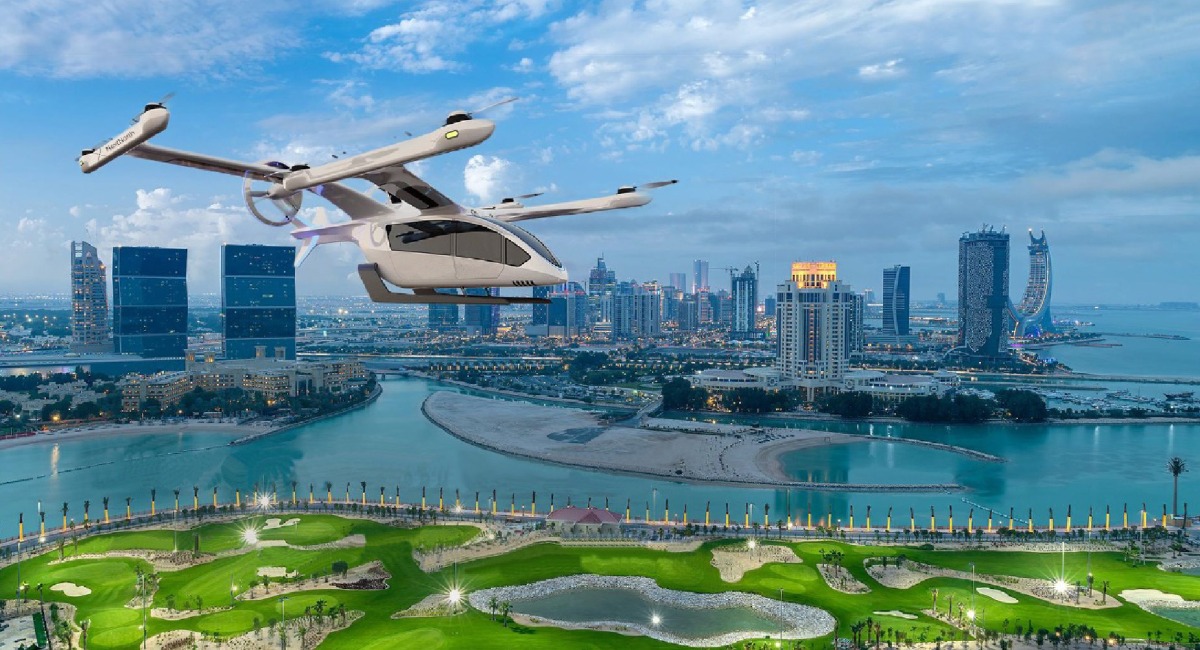Qatar is strategically focusing on the advancement of technologies and sustainable development to further boost the country’s leading position in the global transportation sector. The Third Qatar National Development Strategy (NDS3) aims at leveraging advanced technologies to achieve economic diversification. The Autonomous e-Mobility (AEMOB) Forum is exploring the future of air mobility through discussions on innovations, emerging trends, and the implementation of air taxis by 2025. Experts are emphasizing the integration of autonomous air taxis into Qatar’s transportation network by addressing challenges such as infrastructure requirements, regulatory frameworks, safety standards, and technological advancements.
The integration of artificial intelligence and advanced navigation systems is crucial for enabling autonomous or semi-autonomous flights of air taxis. By utilizing real-time data analytics and machine learning, flight paths can be optimized, and air traffic can be dynamically managed. Public and private partnerships are seen as crucial for funding and developing air taxi infrastructure in order to ensure broad access and equitable service distribution. Collaborations between government agencies such as the Ministry of Transport and private companies like Uber are essential for the successful implementation of air taxis in Qatar.
Infrastructure development plays a key role in the integration of air taxis into Qatar’s transport system. Vertiports and vertistops are being designed in trip generating zones and recreational areas to facilitate the movement of air taxis. Smart city integration, smartphone-based tools, and economic and social considerations are also important factors to consider for the successful integration of air taxis. Data sharing through the internet of things (IoT) can connect air taxis with urban infrastructure for efficient traffic management and weather updates. Smartphone-based applications like Sila can be used for booking, tracking, and paying for air taxi rides, integrating them with existing transportation apps.
The Ministry of Transport in Qatar is planning to test the services of electric air taxis and delivery planes in early 2025 as part of its strategies to develop an integrated mobility ecosystem. This step will enhance the public transit system’s integration, sustainability, and eco-friendliness by incorporating the latest global technologies and artificial intelligence. Integration with existing public transportation systems in Doha is crucial, and vertiports need to be located near transit hubs like Hamad International Airport and various metro stations. By focusing on smart city integration, technology advancements, and public-private partnerships, Qatar is set to revolutionize its transportation sector with the implementation of autonomous air taxis.










